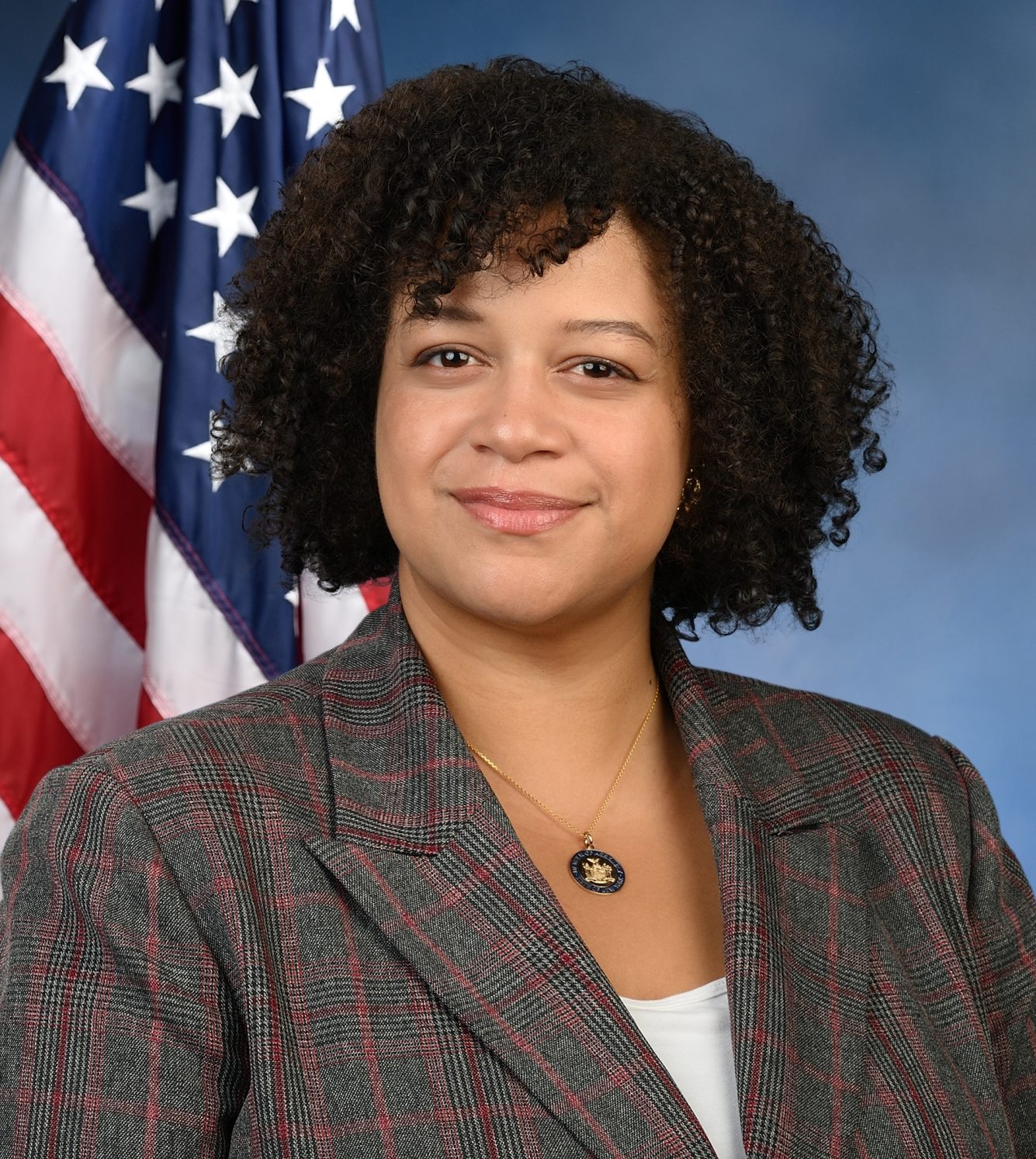
Quality Should Not Be on the Chopping Block
When most New Yorkers think of Long Island, they picture affluent people with beach houses and expensive toys. But the reality is far different.
A lifelong resident of Elmont, I have been representing the 22nd Assembly District for a decade. As Chair of the New York State Black, Puerto Rican, Hispanic and Asian Legislative Caucus, the Long Island I know is a diverse population — ethnically, socially and economically. Advancing the quality of care for everyone, regardless of age, income, employment, or documentation status, and eliminating the barriers that contribute health disparities requires investment.
Unfortunately, those investments are at risk as funding for the Medicaid Quality Incentive (QI) Program faces elimination in the 2025 State Budget.
The QI Program is a vital resource in improving health outcomes for more than 5 million New Yorkers enrolled in Medicaid, supporting a broad range of innovative programs by providers and community organizations that target the factors contributing to health disparities and advance the quality of care for the state’s most vulnerable residents.
Over the past several years, it has become an annual ritual with the Executive’s budget proposal consistently reducing or eliminating funding for the program, and the Legislature fighting to restore money in the final budget. This year, the program is in real jeopardy. The loss of these resources will cause New Yorkers on Medicaid to fall through the cracks.
Funding helps to support a broad range of programs across the state. This includes efforts to connect high-risk pregnant women with registered nurses and community health workers, initiatives that ensure that children and adults receive appropriate preventive care and screenings, and making sure home-bound individuals receive care to keep them healthy and out of the hospital.
In my district, funding has enabled provider practices to extend office hours to make care available in evenings and on weekends for working families, and to schedule extra days for immunizing patients who fall behind on their schedules. It also has helped to support investments in reminder systems to improve compliance with well care visits and disease screenings, education for medication compliance and hospitalization prevention, mental health screenings, and more. Eliminating the QI funding, will make it more difficult for providers to address the needs of underserved populations.
New York has been a national leader in delivering high-quality care to its Medicaid beneficiaries, but gaps in access to and equity of care continue to present challenges — especially in our marginalized communities. It is critical that New York continue to support ongoing efforts to eliminate disparities and deliver high-quality, equitable care to the populations in need.
That’s why the Black, Puerto Rican, Hispanic and Asian Legislative Caucus identified funding of the Quality Incentive Program as a key priority, recommending $268 million to fully fund the program. In a Medicaid program that totals nearly $100 billion dollars, it is more important than ever this year’s budget continues to funding the programs that support the important work done in our communities to improve the care for New Yorkers who need it the most.
Putting funding for the Quality Incentive Program on the chopping block will not only damage quality improvement efforts, but will increase costs in the long run. New York’s 2025 Budget must include funding for this critical program.
Assemblywoman Michaelle Solages, represents the 22nd Assembly District and is Chair of the New York State Black, Puerto Rican, Hispanic and Asian Legislative Caucus

